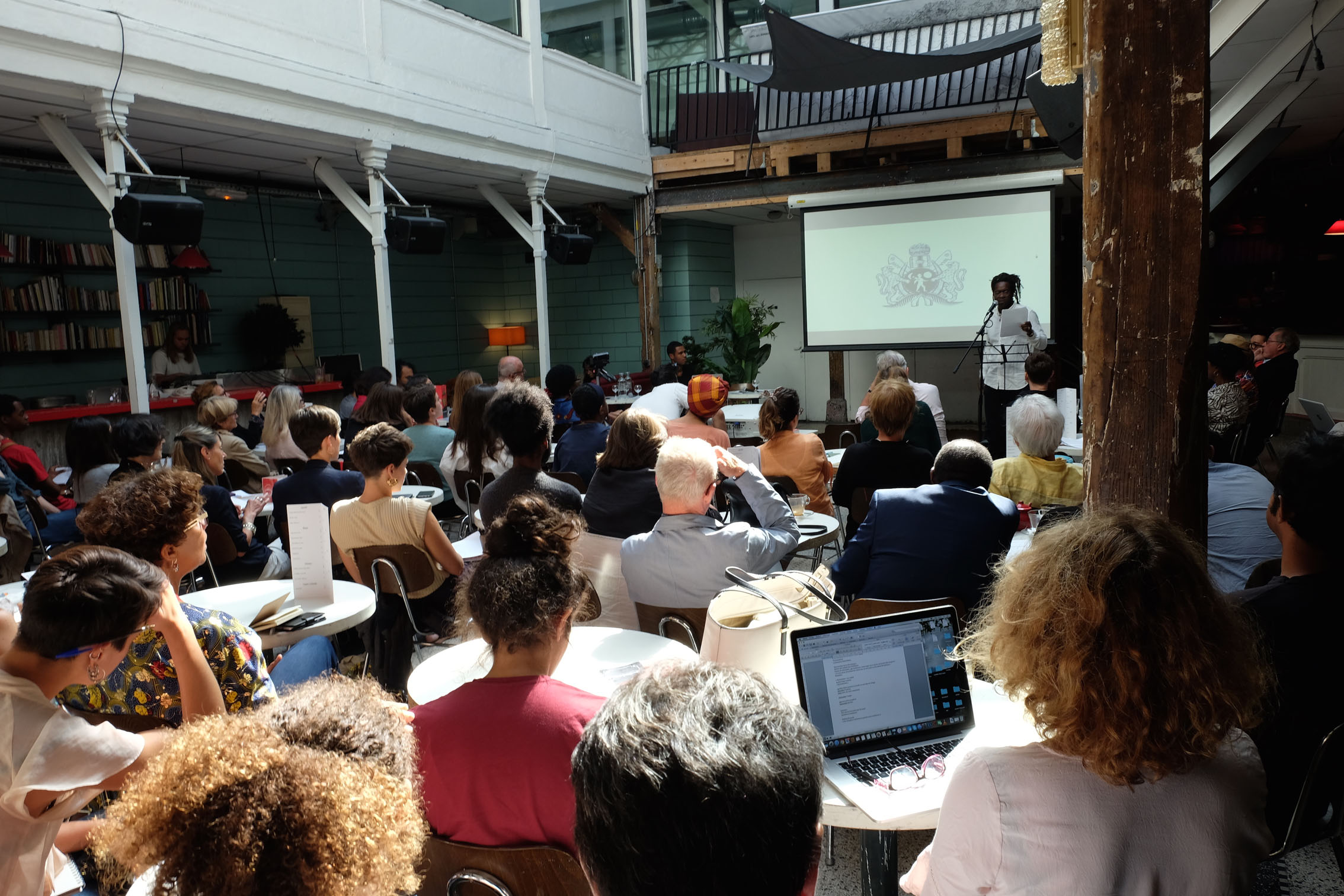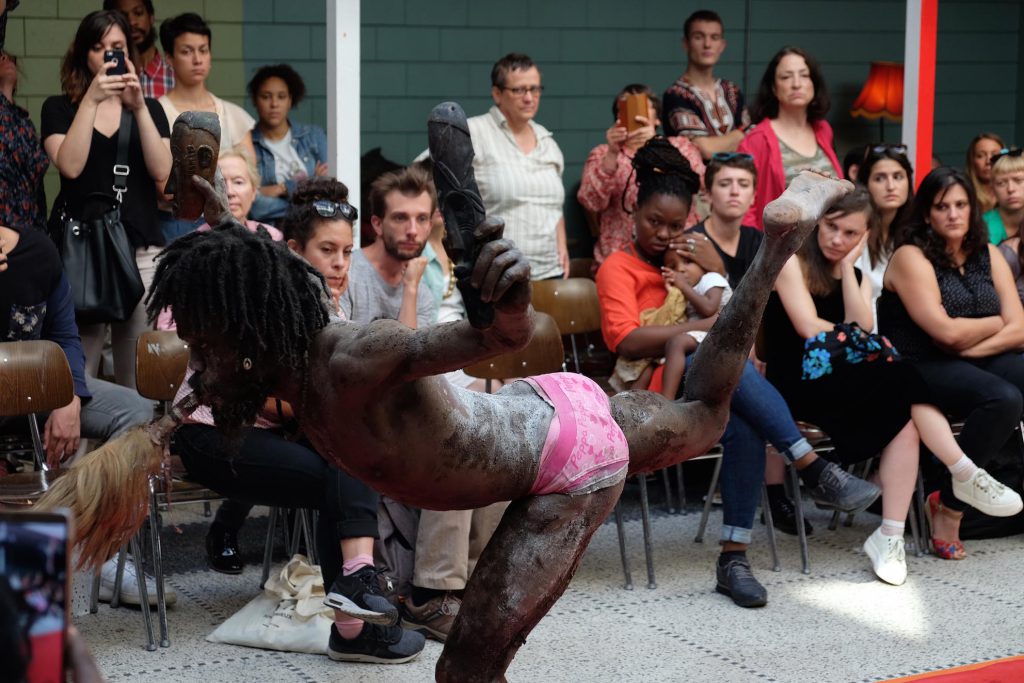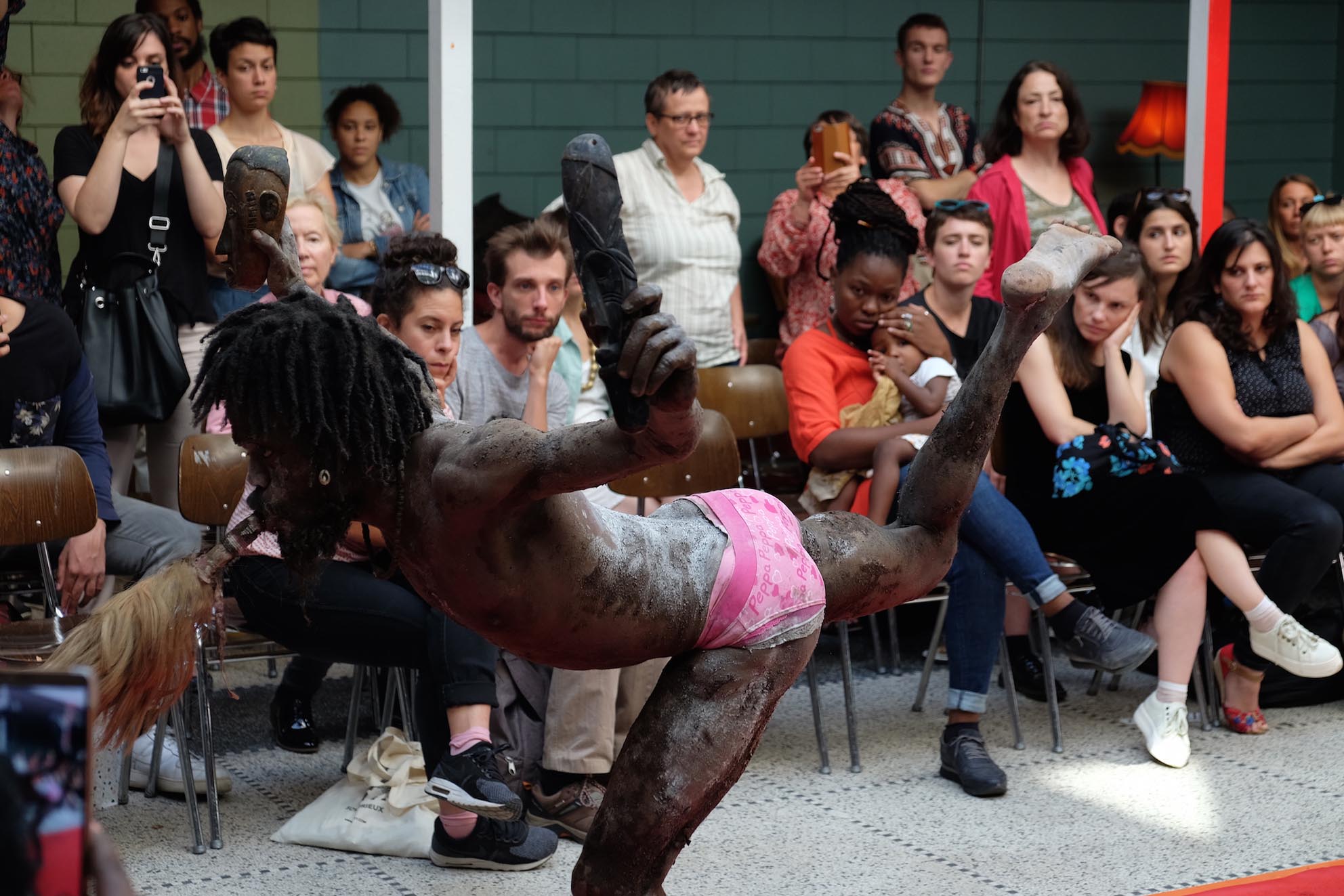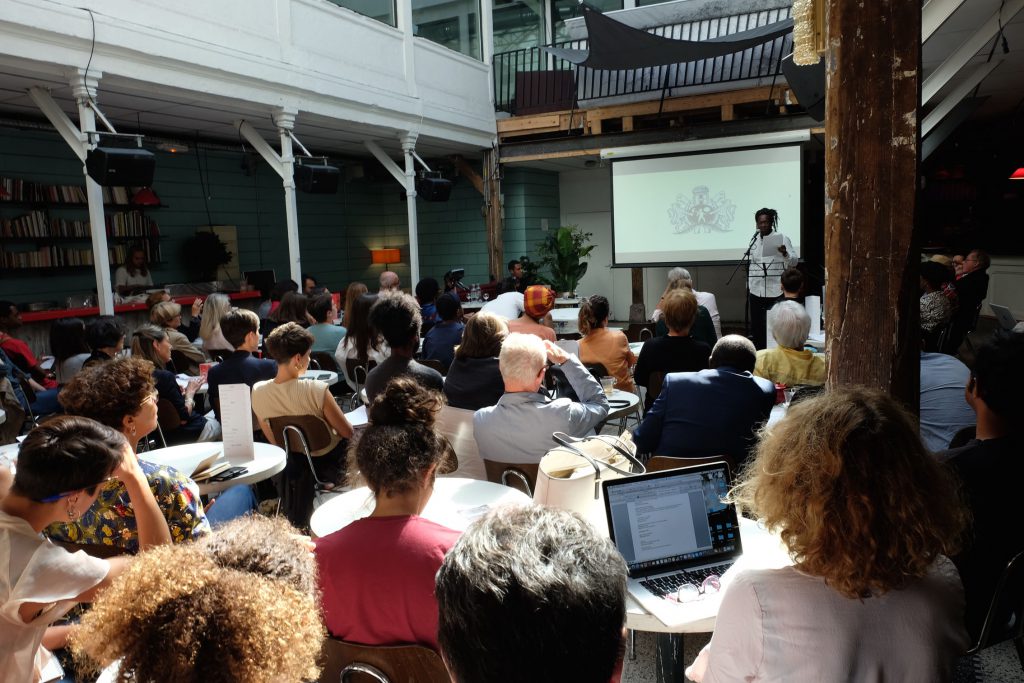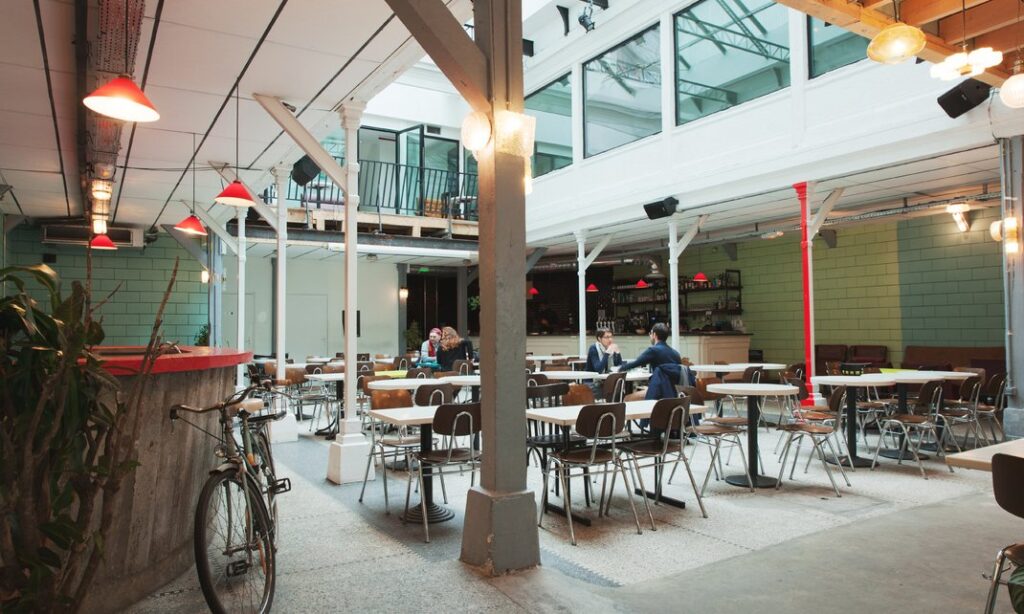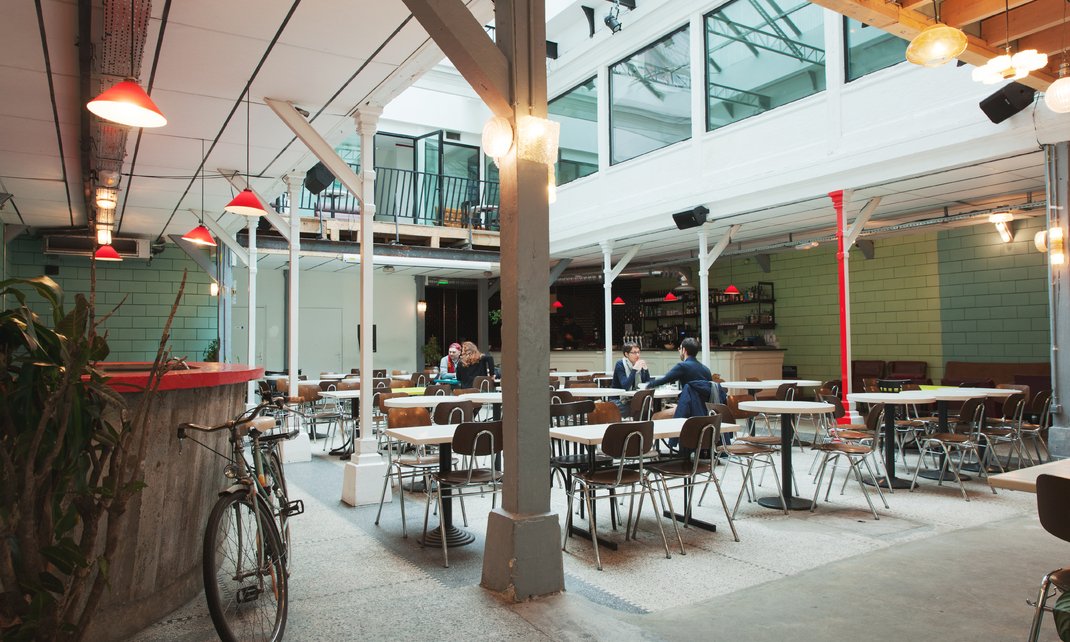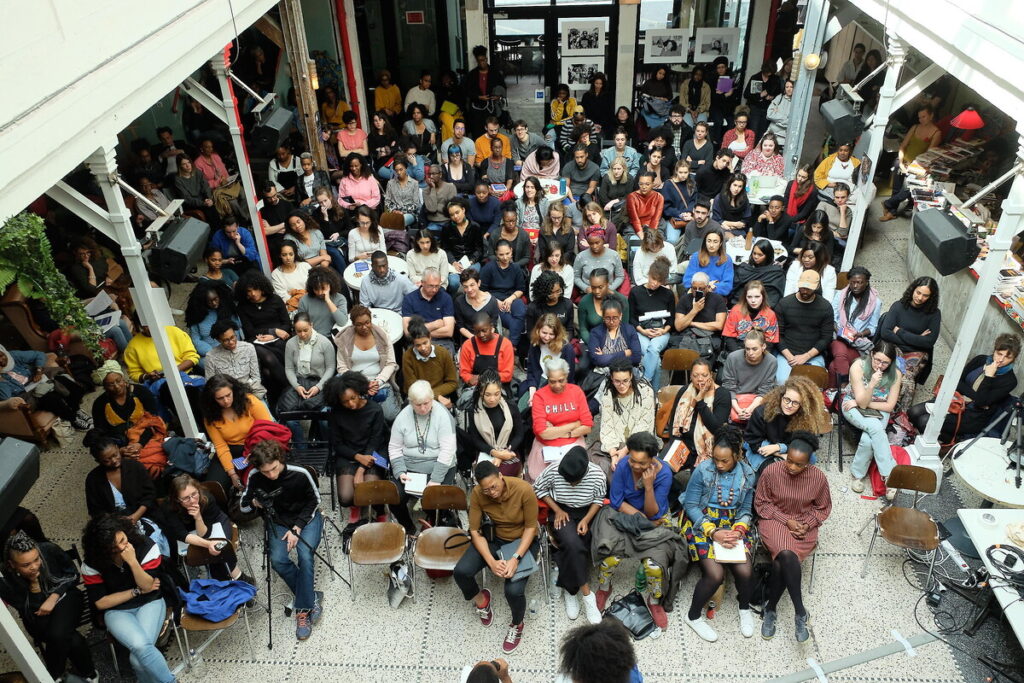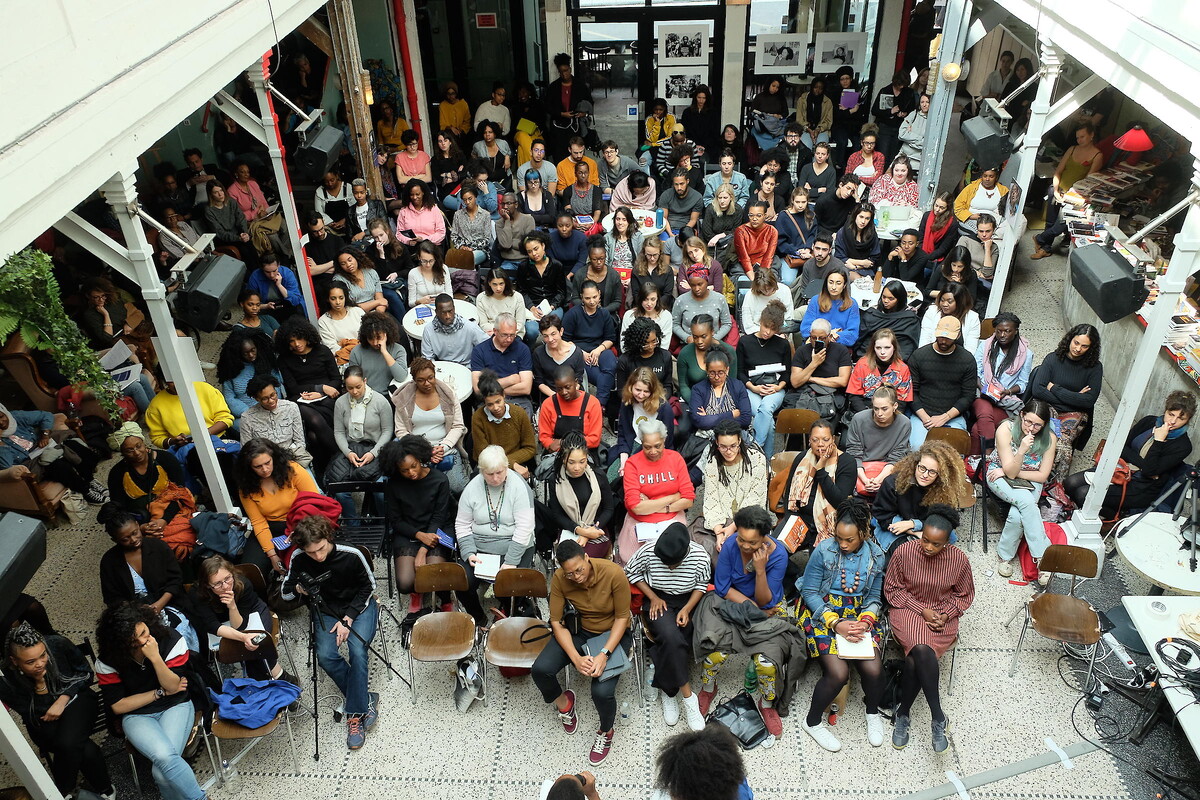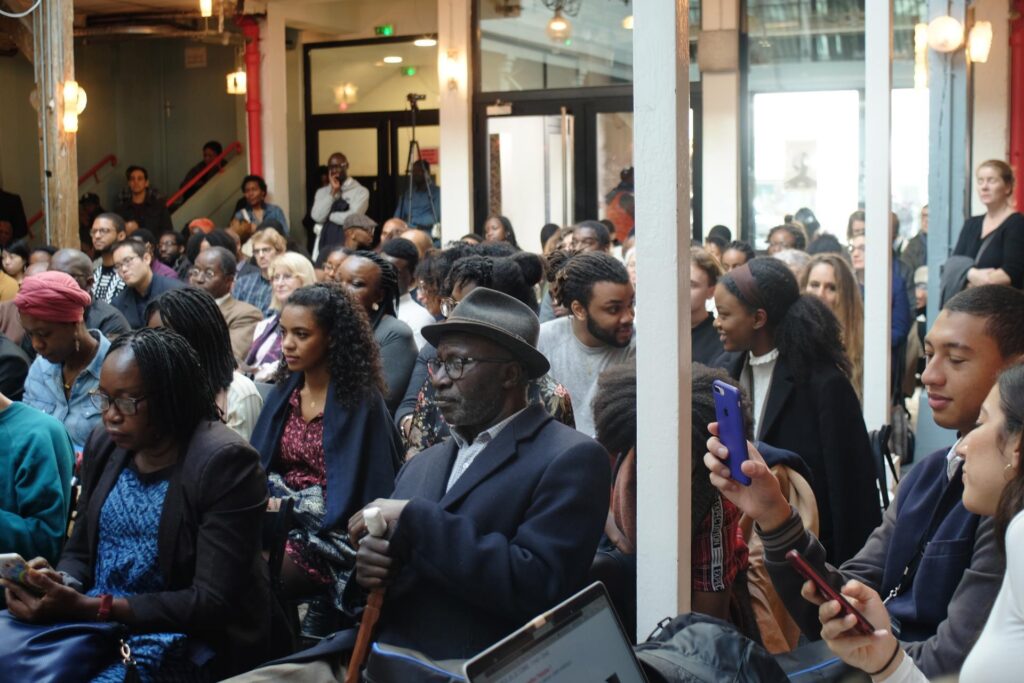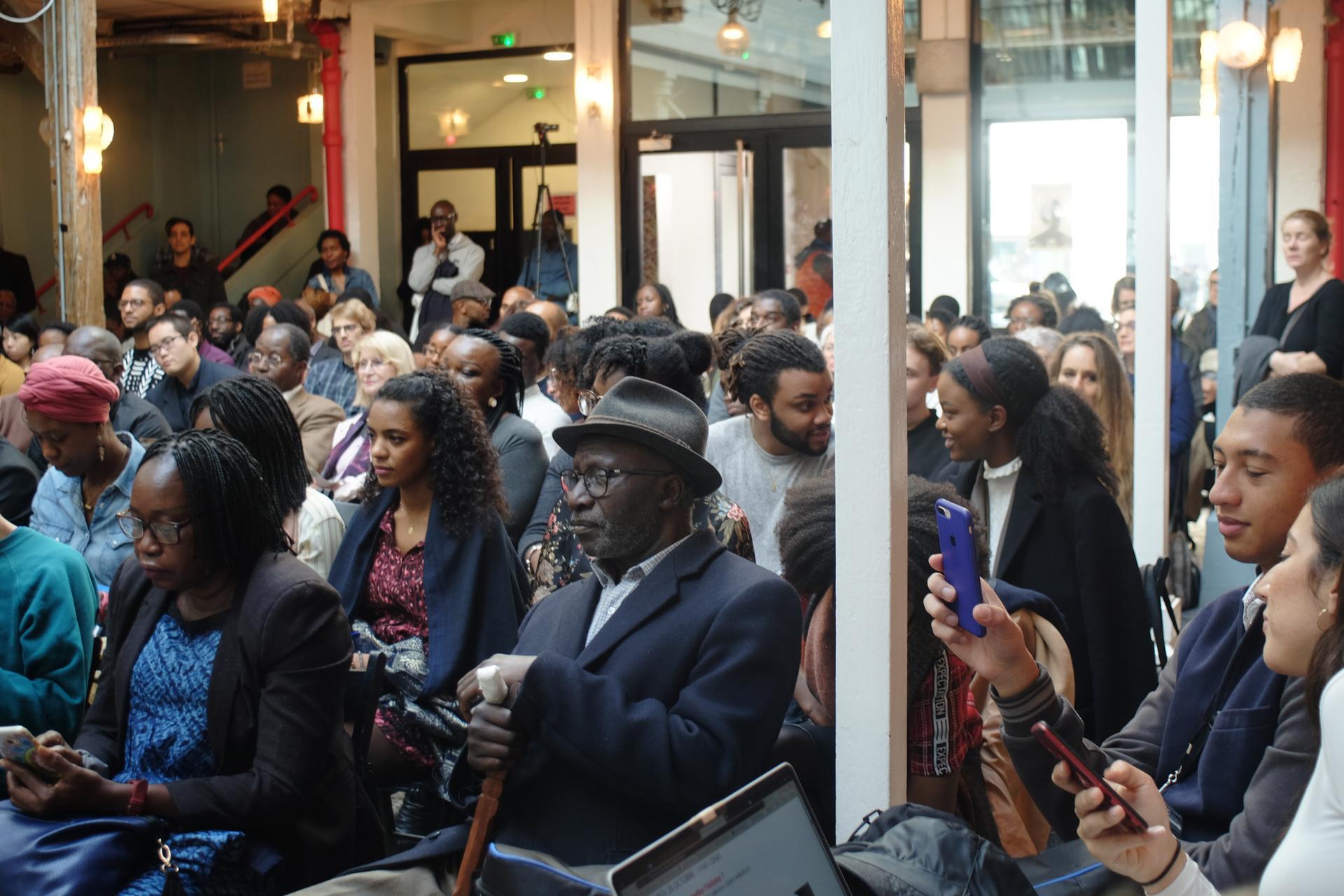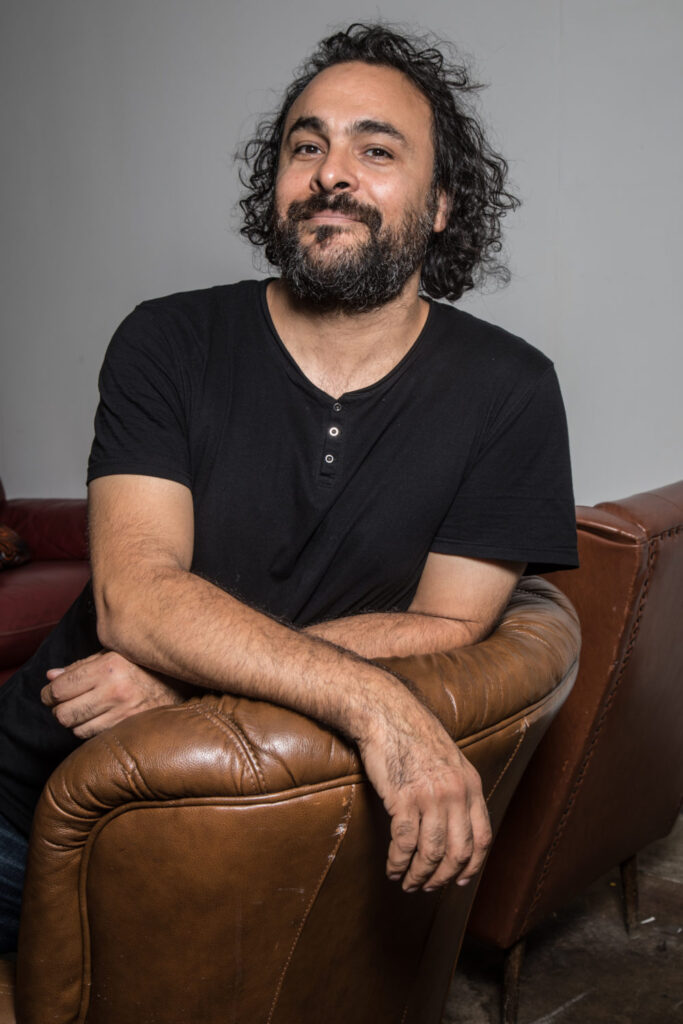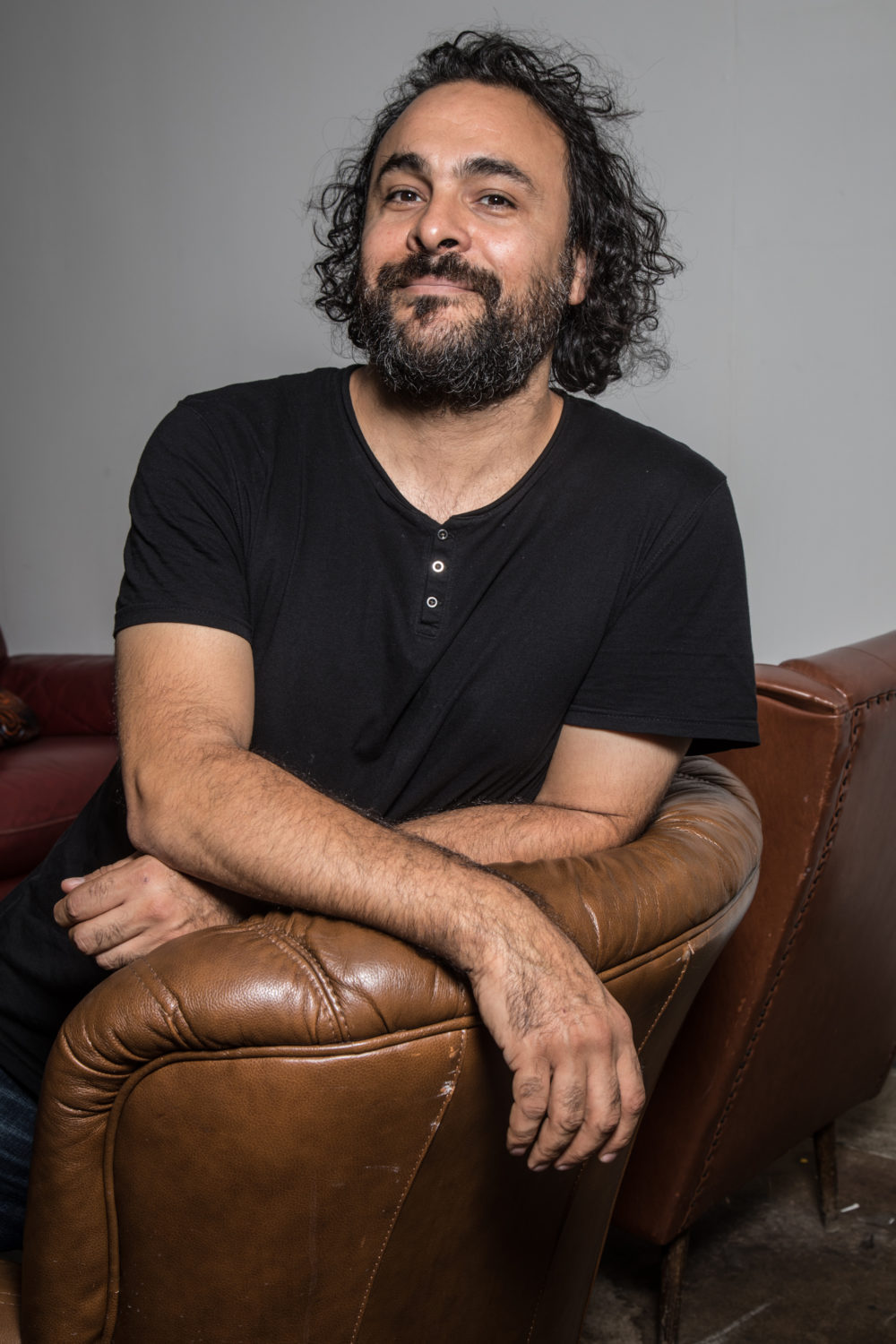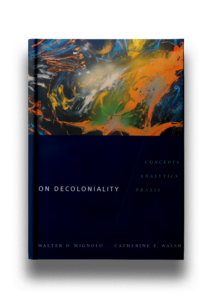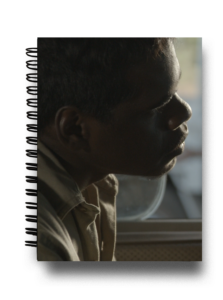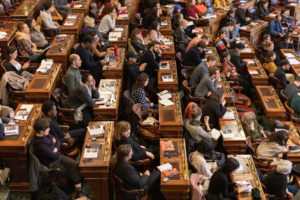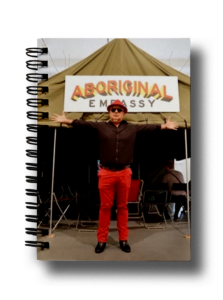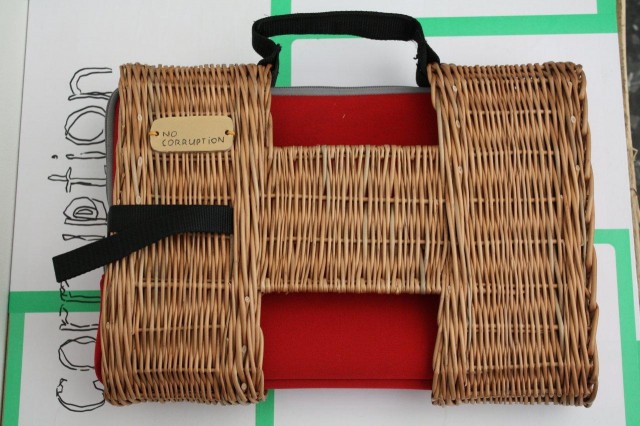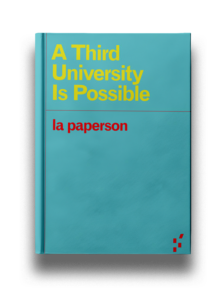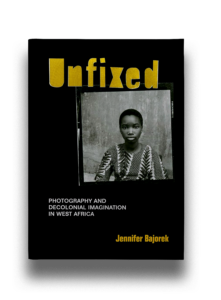Period
2016 - 2020
Proposed by
Ana Teixeira Pinto
Location
Paris
About the project
By implementing La Colonie, Kader Attia has transferred the process of decolonization to knowledge, attitudes and practice. Located in a neighbourhood home to African, Indian and Asian populations, La Colonie reunites all identities and all stories, also those that too often are excluded from the artistic and intellectual discourse. , La Colonie provides a space for “living knowledge” and “knowledge-sharing”.
La Colonie in itself is characterised by multiple identities: bar and agora; laboratory and concert hall; place of words, of listening, of sharing, and protesting. While on the ground floor, one can meet for a drink, listen to a concert or attend a screening, the 1st floor is dedicated to public dialogues such as lectures and discussions, conferences or workshops, regularly hosting collectives, activists, university research groups, artists, and social actors, and inviting them to share their experiences and knowledge.
Under the aegis of exchange and discussion, art and thought are the strongest vectors of defragmentation.
La Colonie is built around the desire to answer to the urgency of social and cultural reparations. Beyond religious and political divisions, our contemporary societies have reached such a high level of fragmentation, and only the development of spaces for dialogue, meetings and confrontations can push back the silence or the increased violence resulting from this fragmentation. La Colonie de-compartmentalizes both knowledge and practices by valuing a trans-cultural, trans-disciplinary and trans-generational approach in which everyone is welcomed and finds their place.
External links
About the artist
Kader Attia (b. 1970, France), grew up in Paris and in Algeria. Attia has been exploring societies’ strategies of dealing with history as regards experiences of oppression and repression, violence and loss. His intercultural research, taking into account psychology, sociology and ethnology, has led him to the concept of Repair, which he has been developing in his writing and visual art. Closely linked to wounds, recuperation, and re-appropriation, Repair reaches far beyond the subject and connects it to collective memory, nature, culture, history, and myth.
Kader Attia’s work has been shown in group shows and biennials such as the 12th Shanghai Biennial; the 12th Gwangju Biennial; the 12th Manifesta, Palermo; the 57th Venice Biennial; dOCUMENTA(13) in Kassel; Met Breuer, New York; Kunsthalle Wien; MoMA, New York; Tate Modern, London; Centre Pompidou, Paris; or The Solomon R. Guggenheim Museum, New York — just to name a few. Notable solo exhibitions include ‘The Museum of Emotion’, The Hayward Gallery, London; ‘Scars Remind Us that Our Past is Real’, Fundacio Joan Miro, Barcelona; ‘Roots also grow in concrete’, MacVal in Vitry-sur-Seine; ‘The Field of Emotion’, The Power Plant, Toronto; Museum of Contemporary Art, Sydney; ‘Repairing the Invisible’, SMAK, Ghent; Museum of Contemporary Art, Sydney; ‘Sacrifice and Harmony’, Museum für Moderne Kunst, Frankfurt/Main; ‘The Injuries are Here’, Musée Cantonal des Beaux Arts de Lausanne; ‘Contre Nature’, Beirut Art Center; ‘Continuum of Repair: The Light of Jacob’s Ladder’, Whitechapel Gallery, London; and KW Institute for Contemporary Art, Berlin.
Attia lives and works in Berlin and Paris.
